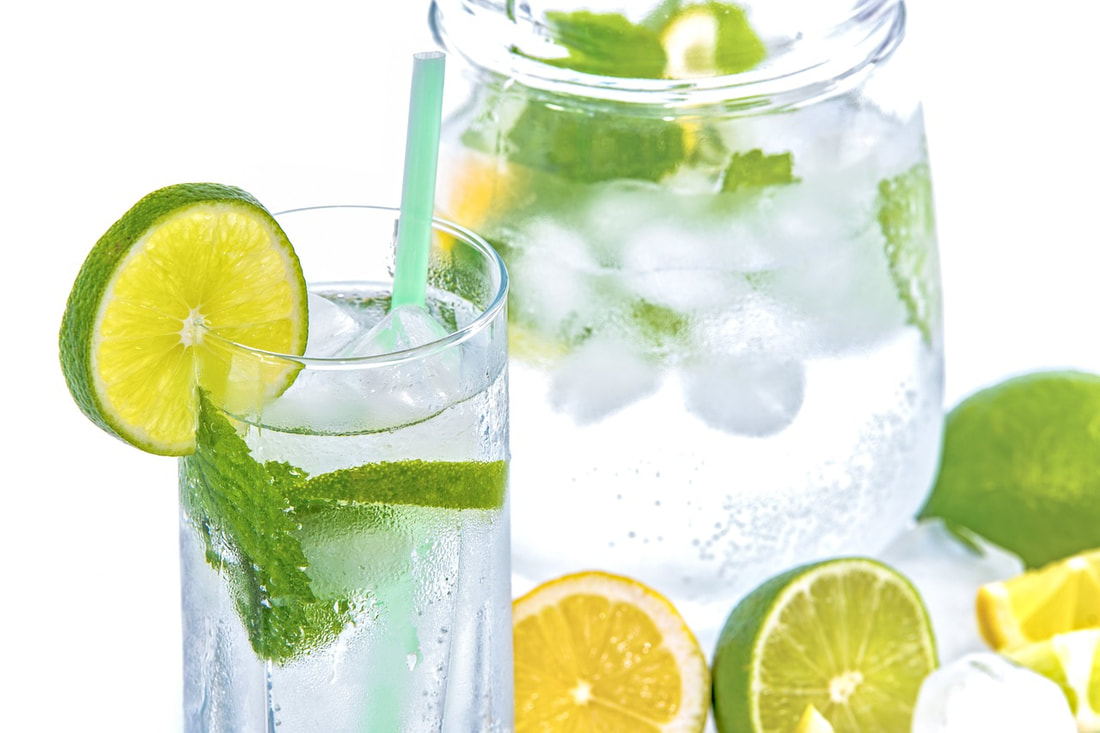Ronit Mor, NDAll life as we know it is entirely dependent upon water to survive. The human body is anywhere from 55 to 78 percent water (depending on body size, age and sex). Water is everywhere within us - from our cells, to our blood, to every single one of our organs and tissues, including the brain, the lungs and all our muscles. In fact, 99 percent of the molecules in the body are… yes, you guessed right… water! Most people do not look at water as a nutrient but it actually is, the most important one. We can survive for a month or so without food, but only a few short days without water. Next to the air we breathe water is the most important element. Every life-giving and healing process that happens inside our body happens with water. The body is always seeking balance, and chronic dehydration can lead to several side-affects, one of which is the increased chance of high blood pressure.
What is high blood pressure? According to new statistics from the American Heart Association, an estimated 103 million U.S. adults have high blood pressure. That’s nearly half of all adults in the United States. Worldwide, high blood pressure affects nearly a third of the adult population and is the most common cause of cardiovascular disease-related deaths. Blood pressure, or hypertension, depends on two factors - how hard your heart is pumping (cardiac output) and how easily plasma diffuses out of your capillaries (peripheral resistance). Studies have shown the majority of people with hypertension have normal cardiac output but increased peripheral resistance. It is thought that one of the likely causes of this is dehydration. Hypertension is a significant disease. Even though it rarely has visible symptoms, the extra strain constantly put on your blood vessels and organs can increase your risk of suffering from a number of serious and sometimes fatal conditions, such as a stroke, heart attack or kidney disease. How does dehydration affect blood pressure? High blood pressure is common in people who are chronically dehydrated. Dehydration affects blood pressure in two ways. First, your body attempts to secure its fluid supply by retaining sodium. Second, your body gradually and systematically close down some of its capillary beds. When some capillary beds shut down, it puts more pressure in the capillaries and arteries, elevating blood pressure. Can drinking more water lower blood pressure? Staying adequately hydrated is one of the simplest ways to lower your blood pressure naturally. If you drink enough fluids (not diuretics like coffee or alcohol), you'll keep an adequate volume of blood in your body and therefore reduce your risk of hypertension. Of course, there are other factors involved in high blood pressure. Proper nutrition, maintaining a healthy weight, avoiding tobacco use or excessive alcohol consumption can also help. Here are the Do's and Don'ts for naturally lowering blood pressure with water:
Comments are closed.
|
Archives
October 2022
Categories
All
|
|
FOLLOW US
|
RESOURCES
|
©2020-2024 Ronit Mor LLC. ALL RIGHTS RESERVED
All statements on this website have not been evaluated by the Food and Drug Administration. The content of this website is not intended to diagnose, treat, cure, or prevent any disease.
All statements on this website have not been evaluated by the Food and Drug Administration. The content of this website is not intended to diagnose, treat, cure, or prevent any disease.


 RSS Feed
RSS Feed
